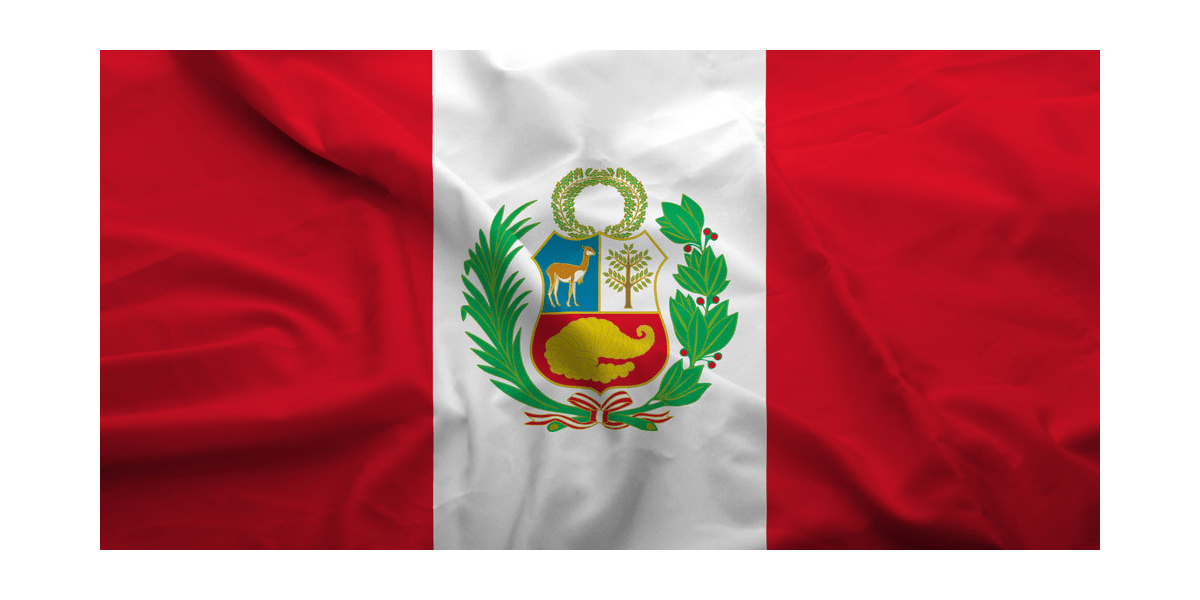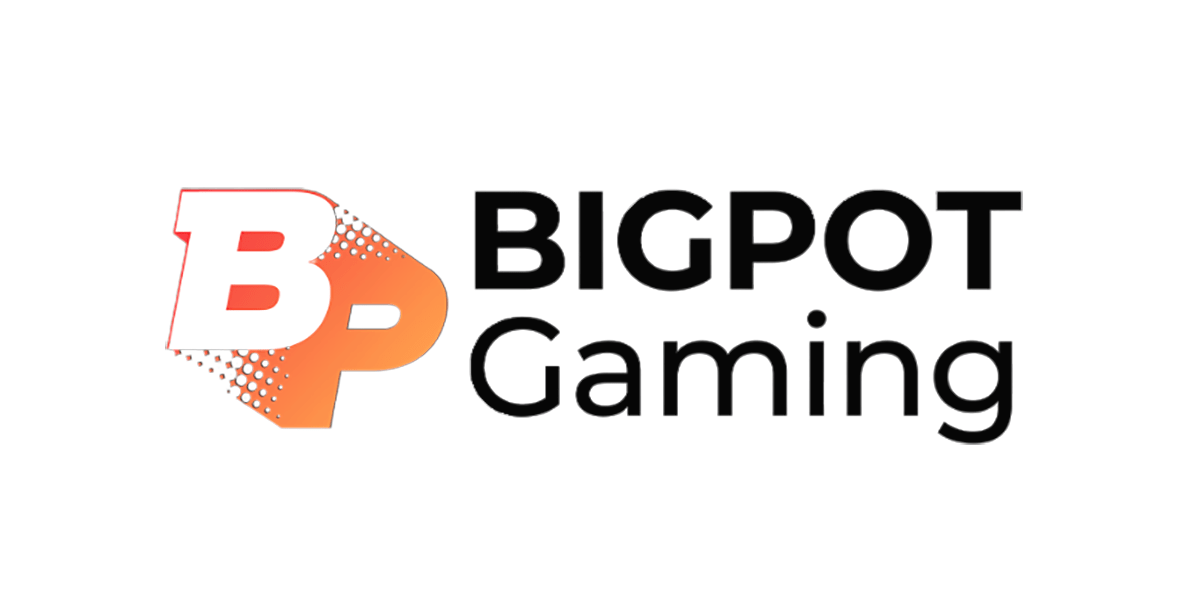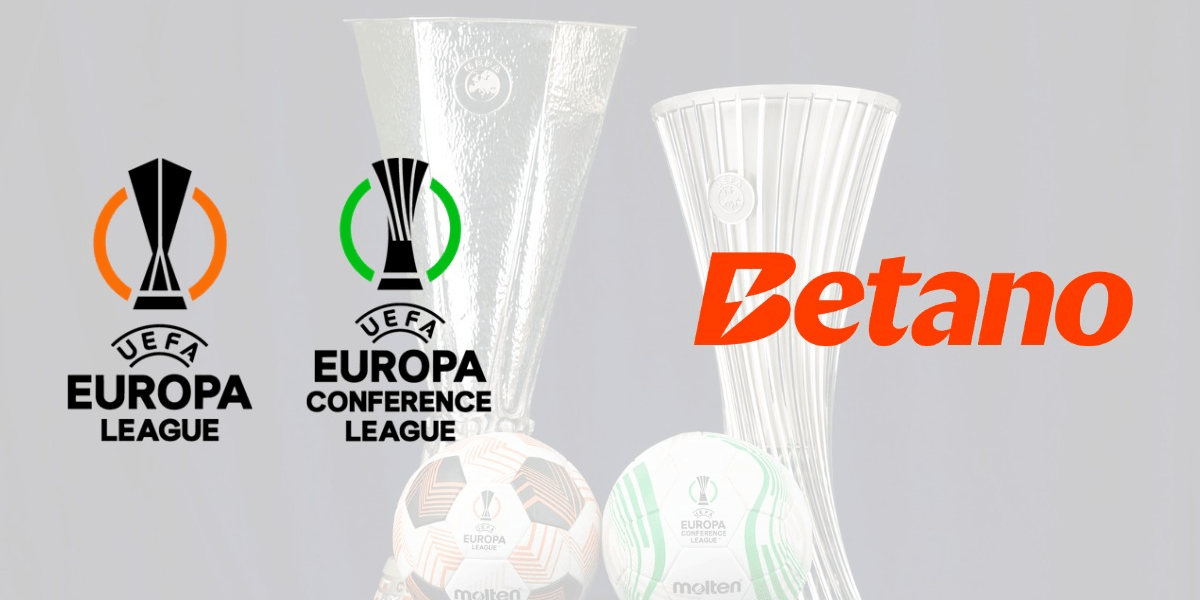
Peru's attempts to control online betting and igaming include the minute details. After unanimously voting for a measure to control the sectors in July, the Congress of the nation approved it into law in August and it started to be implemented sixty days later.
The law names Mincetur, the Ministry of Foreign Trade and Tourism of Peru, as the official gaming regulator of the nation.
The body, acting as regulator, set many guidelines applicable to market operators including a restriction on free bets and supplier registration requirements.
Stakeholders can provide their comments until December 2, hence these guidelines are under review.
Free ban on bets
According to the rules, operators may not provide any kind of free remote betting or gaming for either educational purposes—such as a game demo—or for promotional reasons.
Should an operator be discovered to be offering a free bet, they could be fined anywhere between one and fifty Peruvian tax units (Unidad Impositiva Tributaria/UIT).
One UIT nowadays is PEN4600 (£1,010/€1,149), however the units are meant to be adaptable with changes to the value of the national currency.
Ads shouldn't include feature minors or be "directly or indirectly" aimed at them. Furthermore not judged in breach of "people's morals" could be ads.
Registrar of suppliers
Meanwhile, suppliers would have to register with Mincetur to provide their goods to licenced establishments.
As part of the application procedure, these providers will have to declare other authorisations they have acquired. Other specifics on the requirements to have an application for registration approved or to have an existing registration deleted were not given, though.
Again using an unregistered provider involves a punishment of one UIT to fifty UIT.
Remote betting and gaming will call for two different licences for operators. Every licensed operator has to be either registered in Peru or have an office there set up.







